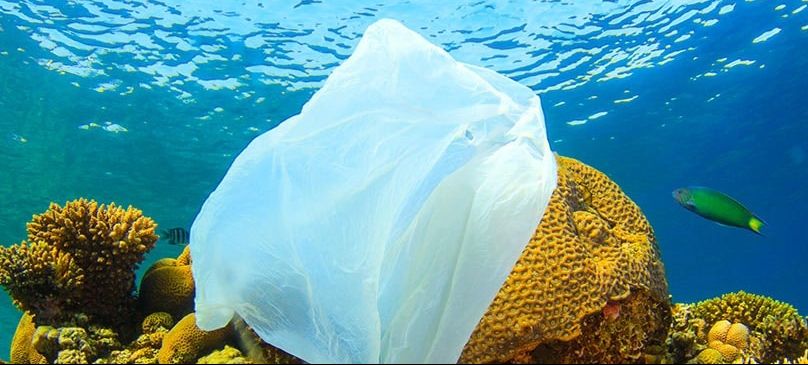
Seaqual: The Fibre that Cleans the Oceans
Focusing on recycling is the goal and challenge of Seaqual 4U, a Spanish company born in 2016 of a joint environmentally responsible commitment from the brand Ecoalf, the textile group Santanderina and the spinner Antex. The company set itself a lofty challenge: to clean the oceans from the waste that is killing them. For 4 years, it has been marketing a range of environmental fibres and threads created from the recycling of plastic waste lying at the bottom of the sea. The maths is simple: every kilo of fibre produced is a kilo of waste that disappears from the oceans. Seaqual’s objective is to create a virtuous economic model to help combat sea pollution.
Our oceans are increasingly polluted by waste of all kinds, especially plastic: every second, the equivalent of an entire bin lorry of plastic waste is dumped there! Every year, 12 million tonnes of plastic are tipped into our oceans. According to the Ellen MacArthur Foundation, the weight of plastic in global waters will have matched that of fish by 2050 if we do not nip the catastrophe in the bud. 1
Seaqual works with partner fishermen, about 400 vessels, as well as manufacturing sites to transform plastic waste into polymers (upcycled marine plastic). Recovered plastic waste is cleaned and sorted. Once processed, these “granules” are spun into a recycled polyester fibre with properties almost identical to those of traditional polyester. Seaqual was also able to bring on board the Spanish foundation Futureway, a member of the UN Global Compact. This global agreement, initiated by the United Nations, intends to encourage companies worldwide to adopt socially and environmentally responsible practices. 2
All these collective efforts led to the creation of a material, Seaqual Yarn®, that can be used both pure (composed of 10% upcycled marine plastics and 90% post-consumption PET), as natural or dyed thread, and also mixed with natural fibres. In the same vein, the dyes used are also environmentally friendly and consume little water and energy; they use 20% less water, 40% less energy and also reduce CO2 emissions by nearly 50% compared to the production methods of virgin polyester fibres. 3 To round it off, Seaqual Yarn® is Oeko-Tex Standard 100 and GRS certified.
Always on the lookout for innovation, we started to take an interest in Seaqual 2 years ago when we were trying to understand how the project works (from both a commercial and social/environmental point of view). The intrinsic motivations and possible uses of this new material were also decisive factors. In 2020, we joined the Seaqual Initiative by becoming a licensed company, meaning we can develop new projects by offering Seaqual Yarn®.
As a member, Inovacomm undertakes to pay 5% of the sale price of items made with Seaqual to support the initiative. But above all, we undertake to comply with the sustainability charter drawn up by Seaqual. This is where the system becomes complex: all intermediaries in the supply chain (including textile manufacturers, product manufacturers and brands) must sign a SEAQUAL Accord trademark and copyright license. In order to be able to develop Seaqual products, our customers must also follow the rules and adhere to the charter to obtain a personal license that will allow better end-to-end traceability along the chain (from sourcing to distribution). This requires working together with confidence and transparency in order to protect the legal and commercial aspects of our customers.
Finally, it should be borne in mind that the project is only in its early stages, although the Seaqual material range has grown remarkably in just 5 years. This means having to be lenient with the quality of the material as it is used, as well as being able to accept tiny imperfections. An initiative like this can allow large groups to take part in the solution while protecting their business model. This win-win deal seems to be a necessary step to change attitudes. The new initiatives are forerunners in paving the way and demonstrating that there are alternative models that, in a few years’ time, may become the norm.
Sources:
1) www.ellenmacarthurfoundation.org/
2) www.seaqual.org/
3) www.texworld-paris.fr.messefrankfurt.com/paris/en.html


